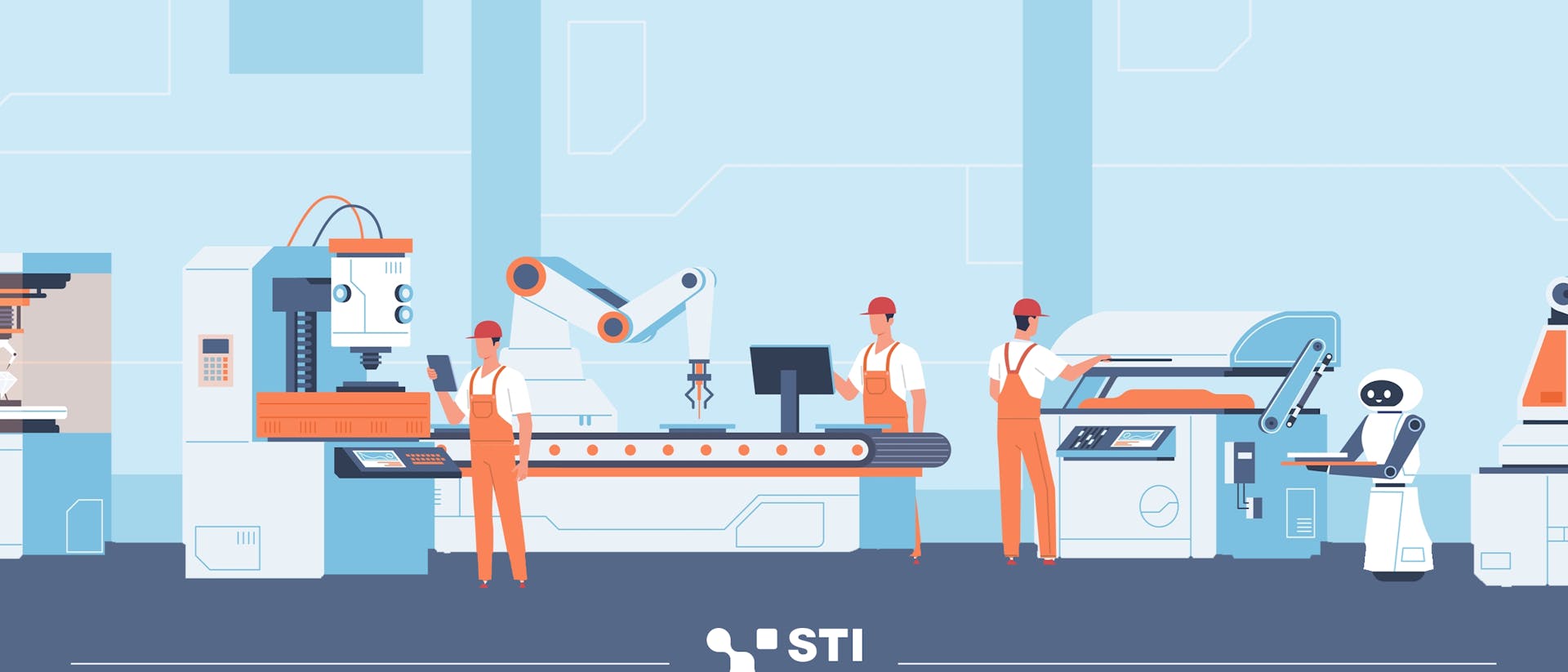
Italy's Manufacturing Industry's Formula for Success: Innovation, Sustainability, and Global Leadership
The Italian manufacturing industry has shown impressive resilience and adaptability amidst unprecedented challenges, emerging from the recent health crisis as a stronger and more competitive global player. To sustain this progress and navigate ongoing uncertainties, it is crucial for the sector to invest in innovation, staff training, internationalization strategies, and the utilization of digital technologies and environmental sustainability. By taking this strategic approach, Italy can maintain its leadership in manufacturing and drive progress throughout the industry.
In 2022, the Italian machine tool, robot, and automation manufacturing industry experienced a significant upturn, solidifying its international standing as a major player. Achieving fourth place globally in terms of production, exports, and consumption, the industry showcased remarkable growth across key economic indicators. Although the initial part of 2023 exhibited a slowdown in order intake due to prevailing uncertainty, the year is projected to end on a positive note.
According to Industry4Business, forecasts from UCIMU's Center for Studies & Business Culture reveal that 2023 will witness a productive growth trajectory, albeit with a slight deceleration in order intake. Anticipated production figures of 7,750 million euros reflect a 6.5 percent increase over the preceding year, marking an unprecedented milestone in the sector's history.
The consumption trend is anticipated to continue its upward trajectory, with a projected record-breaking figure of 6,835 million euros (+8.3%). This heightened consumption is expected to drive domestic deliveries to 4,155 million euros (+9%), fostering increased manufacturing activities. Import figures are also set to rise, reaching 2,680 million euros (+7.3%).
In response to the challenges posed by global uncertainty in the early months of 2023, Italian manufacturing firms are adopting a proactive approach to reinforce their international market positioning. Key challenges include innovation through digitization and sustainability, cultivating a skilled workforce, embracing servitization, and expanding global outreach.
The combination of digitization and sustainability is a major challenge for manufacturers to innovate. To achieve this, it's not just about improving production efficiency through digital systems, but also measuring the environmental impact of each production step. UCIMU supports the expansion and strengthening of the Transition 4.0 plan, and encourages government support through tax incentives that reward investments in both digitization and sustainability-enhancing machinery.
UCIMU suggests adding a second tax credit that promotes the integration of machinery for a comprehensive physical and digital value chain, as well as a third tax credit that encourages green manufacturing in alignment with European directives. This multifaceted approach fosters a holistic transformation towards sustainable and digitally enhanced production.
The industry is facing challenges from globalization and digital transformation, which require a radical revamp of workforce skills and training of new professionals. Collaborative partnerships between companies and technical institutes are emerging as effective solutions to bridge the skills gap. UCIMU plays a pivotal role in facilitating dialogue between the education sector and businesses, ensuring curricula alignment with industry demands.
Efforts to improve education and workforce development require direct intervention from the government and educational bodies. This means that policymakers must allocate appropriate resources to education and job training programs. Additionally, it's essential to adapt training courses at all levels to changing contexts. This includes incorporating the latest technologies and teaching methods to ensure that students and workers are prepared for the ever-changing job market.
Furthermore, maintaining tax credits for training is essential to help companies quickly update their workforce in the face of rapidly evolving technology. This not only benefits the companies themselves but also their employees, who can acquire new skills and remain competitive in the job market. By investing in education and workforce development, we can ensure that both individuals and the economy as a whole are well-equipped to thrive in the future.
We are at the forefront of this dynamic sector and recognizes the importance of sustained investments in innovation, workforce development, internationalization strategies, and the strategic use of digital technologies and sustainable practices. This approach is essential not only to maintain Italy's manufacturing excellence but also to pave the way for an even more impactful and sustainable future.
Contact us for more information